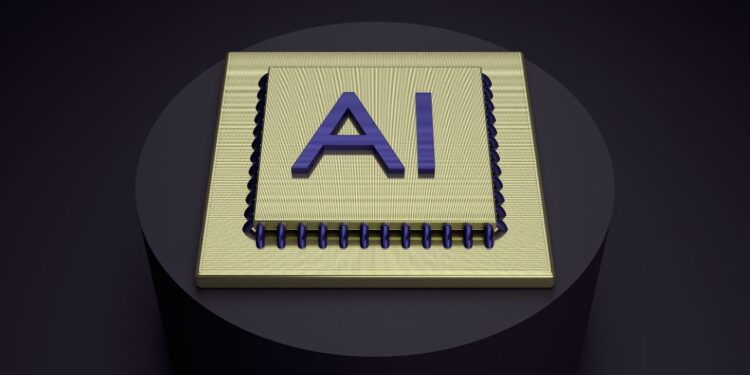As the introduction of artificial intelligence (AI) helps usher in a new phase of industrial and economic transformation around the world, a big question of equity looms over the workforce.
AI’s integration across numerous industries is not only inevitable, but it’s also been accelerating, and this is why the impact of automation on the workforce has been under careful scrutiny from economists, policy leaders, ai researchers, and workers — all of whom have raised concerns this year.
According to a recent in-depth report published by Pillsbury Law, AI’s ability to perform tasks that were once considered uniquely human is particularly concerning for low-wage jobs, which are more susceptible to the threats of automation. Workers with the highest exposure to the automation of these roles include Black and Hispanic workers, and women participating in the workforce. These demographics were found to be disproportionately represented in occupations most at risk of being eliminated or taken over by automation.
For instance, 79% of roles held by women could be affected by AI, and low-wage earners (or those earning $38,200 a year or less) are 14 times more likely to need to change occupations by 2030, according to Pillsbury Law’s report.
This widespread integration of AI is occurring alongside other major economic shifts in the global workforce including the rise of flexible work, the transition to a net-zero carbon economy, and the rise of the gig economy and digital nomadism.
AI’s integration into the global workforce is expected to intensify in the coming months and years. While AI promises to boost productivity and create high-wage jobs, there is no guarantee that those displaced will be able to access these new opportunities. The underrepresentation of women, Black, and Hispanic workers in STEM fields, further adds to the issue of equity.
Upskilling and training programs are one way to address these looming challenges. Public-private partnerships and federal initiatives like the Inflation Reduction Act and the Infrastructure Investment and Jobs Act are also cited as potential models for future workforce development specific to AI. Most recently, President Biden’s Executive Order on AI outlined federal agency actions that could support workers transitioning into AI-impacted roles.















